Force Meta to host news to combat spread of disinformation, Rod Sims says
Former chair of the competition regulator Rod Sims says Labor must take immediate action as misinformation threatens to undermine Western democracies.
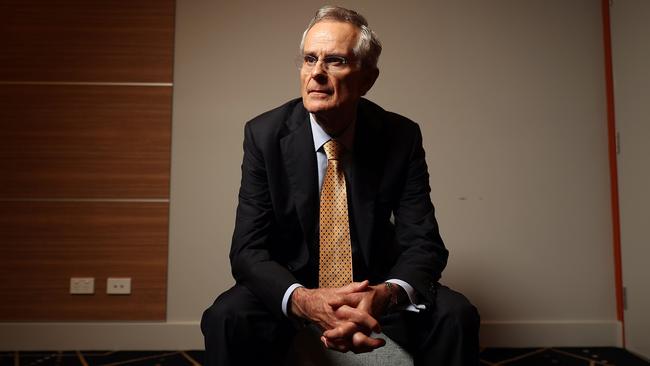
The Albanese government should consider forcing Meta and other social media giants to host news content on their platforms to help combat the scourge of misinformation that threatens to undermine Western democracies, former competition watchdog chair Rod Sims says.
Meta will switch off its news tab this week after it abandoned content deals with Australian media companies – a move that will rip about $70m a year from Australian newsrooms and breach a three-year-old code
The $US1.24 trillion ($1.53 trillion) social media titan has already blocked news articles – even bushfire warnings – in Canada at a time when scams and disinformation run rife on its platforms. Communications Minister Michelle Rowland has met with her counterpart in Ottawa to thrust out a plan on how to best regulate Meta amid concerns over its unchecked power.
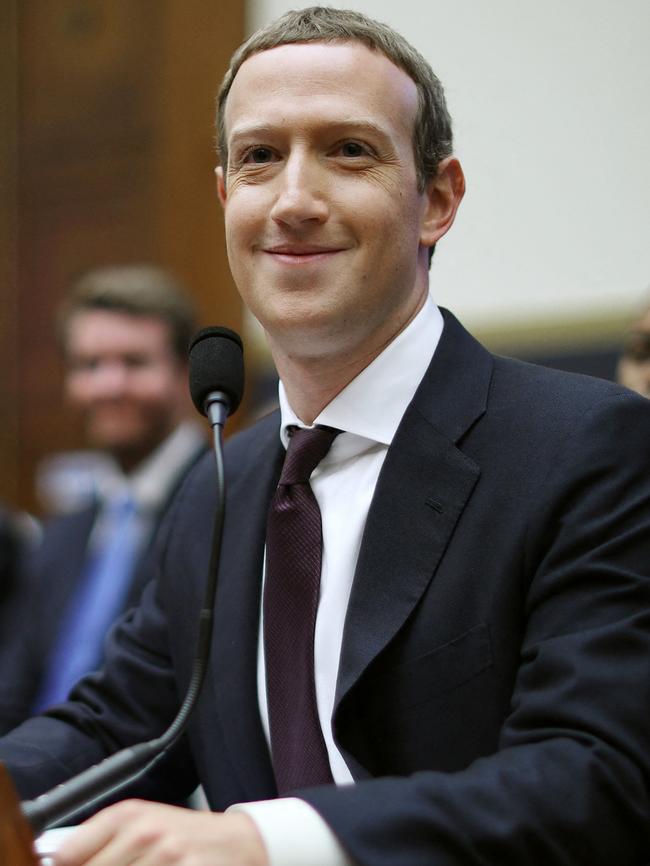
The Mark Zuckerberg-led company has also sparked condemnation from law enforcement agencies over its plans to expand encryption on Facebook and Messenger – a decision that will have a devastating effect on the ability to detect and prevent child abuse.
Mr Sims said reining in Meta – which he said required looking beyond the news media bargaining code – was “tricky territory” for the Albanese government. But it warned it must take action now to protect Australian communities.
“Traditionally, we don’t want government involved in too many personal judgments,” he said.
“But I think a lack of government involvement in these areas is going to seriously damage society and we just can’t let that happen.
“Letting social media platforms continue to aim for maximum profits where the way they do that is to keep you on the platform and give you what appeals to you, which is more outrageous content, it’s reinforcing you on your own little echo chamber and is complicated stuff that governments haven’t had to deal with.”
Mr Sims convinced Meta, Google and other tech giants to strike deals with Australian media companies three years ago after negotiation with then treasurer Josh Frydenberg. Combined the deals represented about $250m a year and required little government intervention.
But now the country faces a vastly different environment, with mining billionaire Andrew Forrest branding Meta “recalcitrant” as it fails to take down scam advertisements that are fleecing Australians and disentangles itself from newsrooms globally, including its Canadian snub.
Mr Sims has urged the government to take its time and think laterally to combat Meta’s increasing “arrogance”.
“The government should think about the full range of possibilities, including requiring that dominant social media platforms carry news, because if they don’t, you’re just going to get increasing disinformation, which from what I understand is exactly what’s happened in Canada.
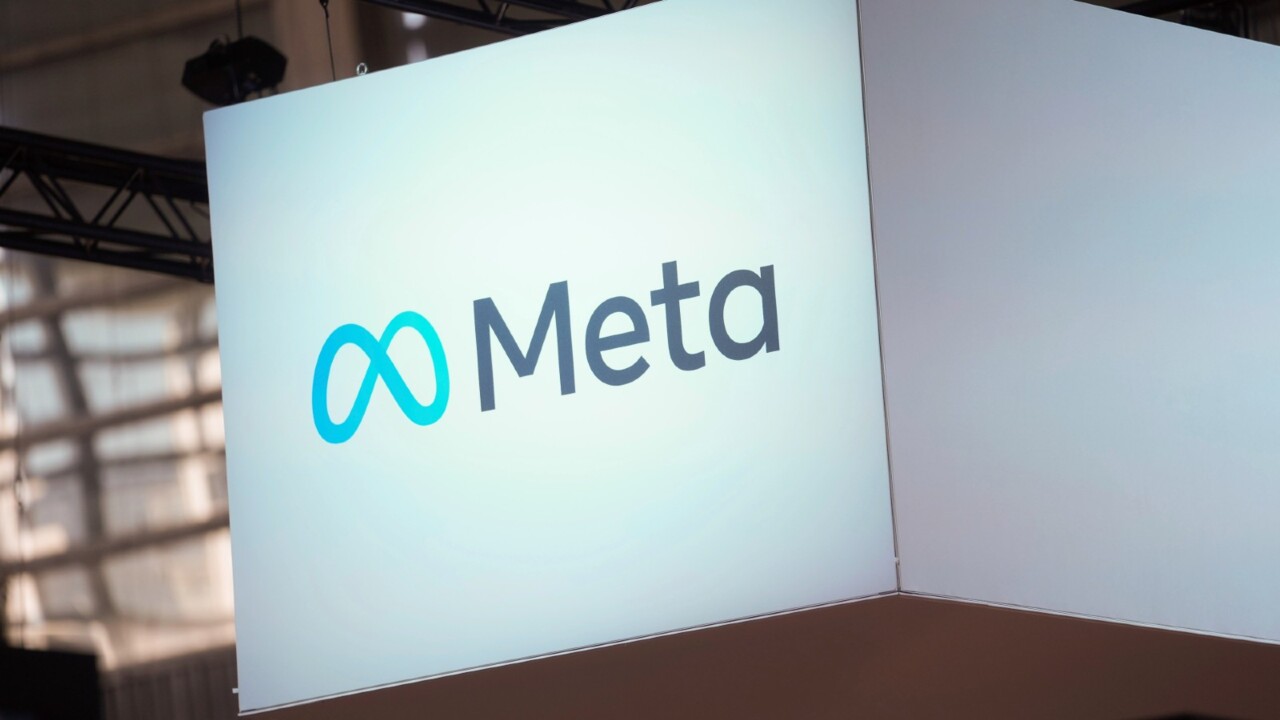
“Now there’s a subtlety here. I’m not suggesting they do this. But they need to think about whether there should be a requirement on companies to take news.”
This was crucial as the world faces one of its biggest election years in history, with polls in the US, UK, EU, India and other democracies.
“The US is clearly receiving disinformation from foreign sources, who want to influence elections that never had a better technology with which to do that,” Mr Sims said.
“There’s been foreign interference in the US in a big way. And we know there’s some in Australia. So these are big issues that government has to tackle. I think it has to do so carefully one step at a time. It cannot sit on its hands, it has to move.”
Underlining the need for the government to take a multi-armed approach to tackling Meta are warnings from child safety experts who have accused the company of facilitating avenues for pedophiles to prey on children.
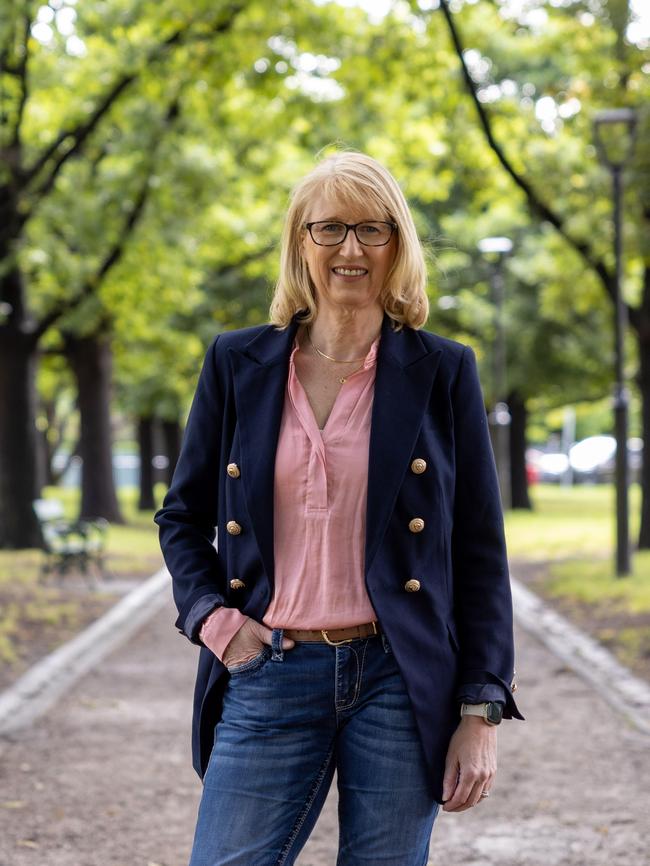
Claire Rogers, chief executive of Oho – a service that monitors working-with-children credentials for care and community sectors – told The Australian that social media companies like Meta had not done enough to remove sexually explicit content involving children from their platforms.
Since 2019, the eSafety Commission has received a year-on-year doubling of reports of child sexual exploitation and abuse material.
Ms Rogers said several people lose their credentials per day across the country amid an “exponential” surge in cases of social media-facilitated grooming of minors.
“We’re particularly worried about 11 to 13 year old girls self-generating sexually explicit content,” Ms Rogers said.
“Since Facebook came along, we live our lives online for others to see, and that naturally drifts into the sexual space and these kids have been encouraged to take those steps.”
Ms Rogers cited a broader growth in the number of child sexual abuse videos and photos – in 2018, US tech companies reported 45 million videos and images, more than double the previous year.
“Facebook, Twitter, Instagram, and Snapchat are the most common entry points,” she said.
“Child sexual misconduct has moved into the online arena because it’s easier than the physical arena to build connections with minors. It is the job of social media platforms to have protections in place.”
Ms Rogers said social media platforms also needed to do more to wipe their platforms of sexually explicit material featuring children.
“We still have organisations who continue to have to do a lot of work to shut down child sexual exploitation material online,” she said.
It comes as the European Union Home Affairs Commissioner says social media companies should stop acting “like teenagers” and shoulder responsibility for crimes on their platforms, particularly radicalisation and child exploitation.
Meanwhile, eSafety Commissioner Julie Inman Grant has issued notices to Telegram, Google, Meta, Reddit and X asking what action they were taking against terror material – including beheadings, tortures and rape – being shared across their platforms.





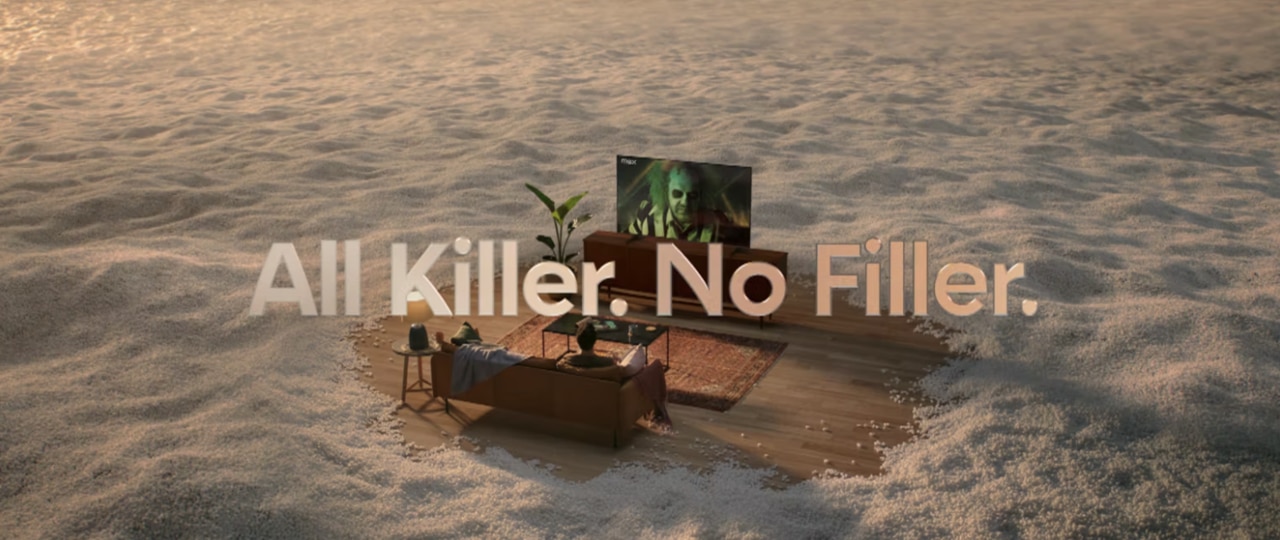
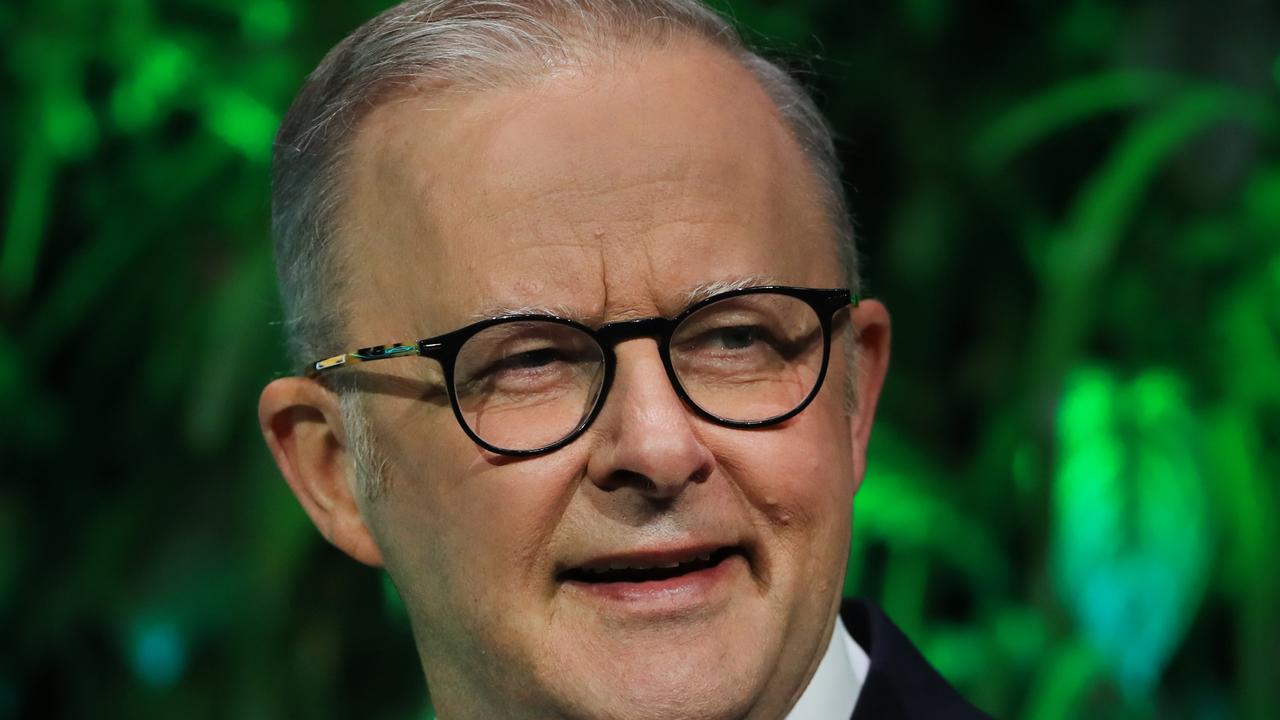
To join the conversation, please log in. Don't have an account? Register
Join the conversation, you are commenting as Logout